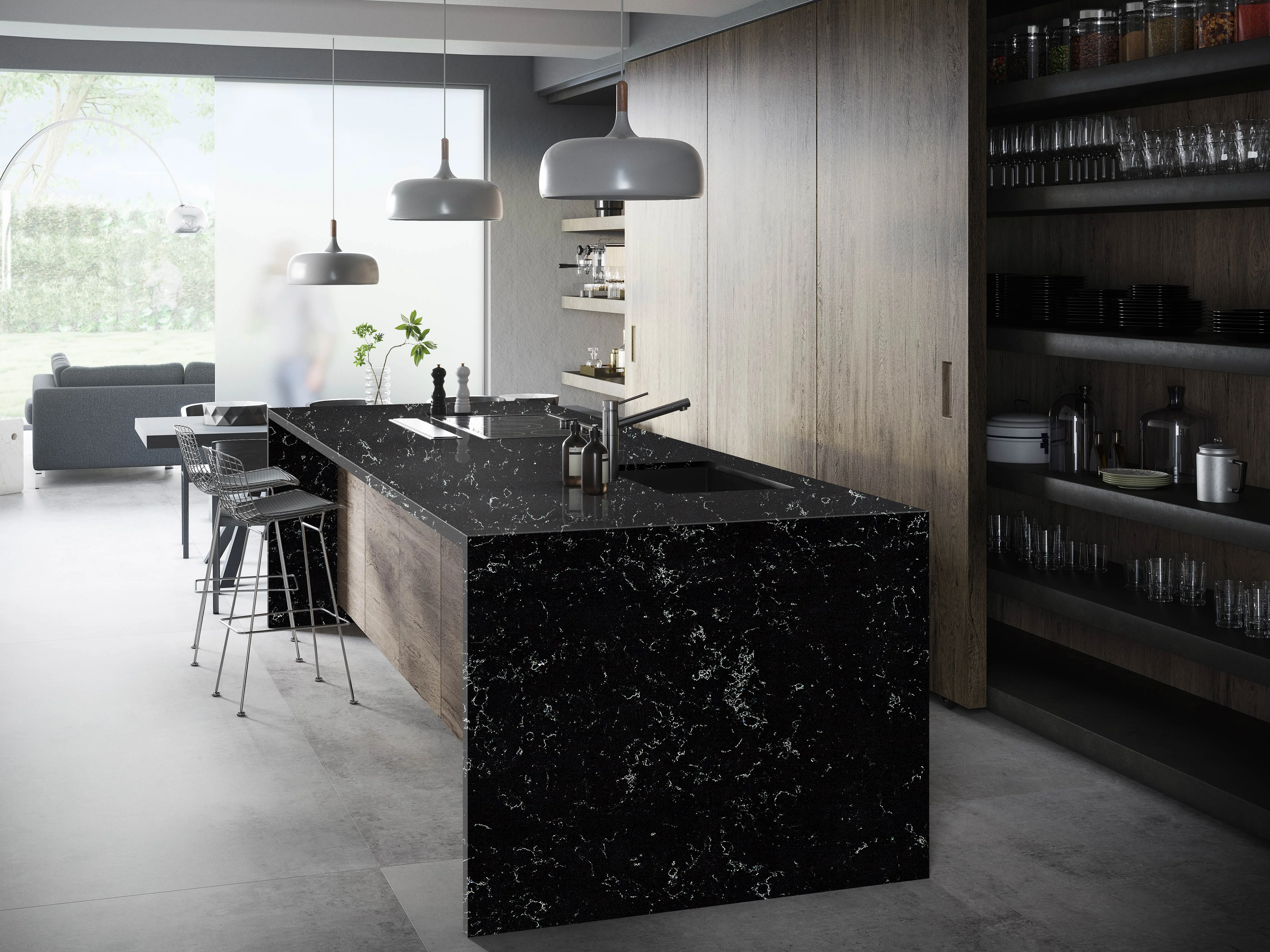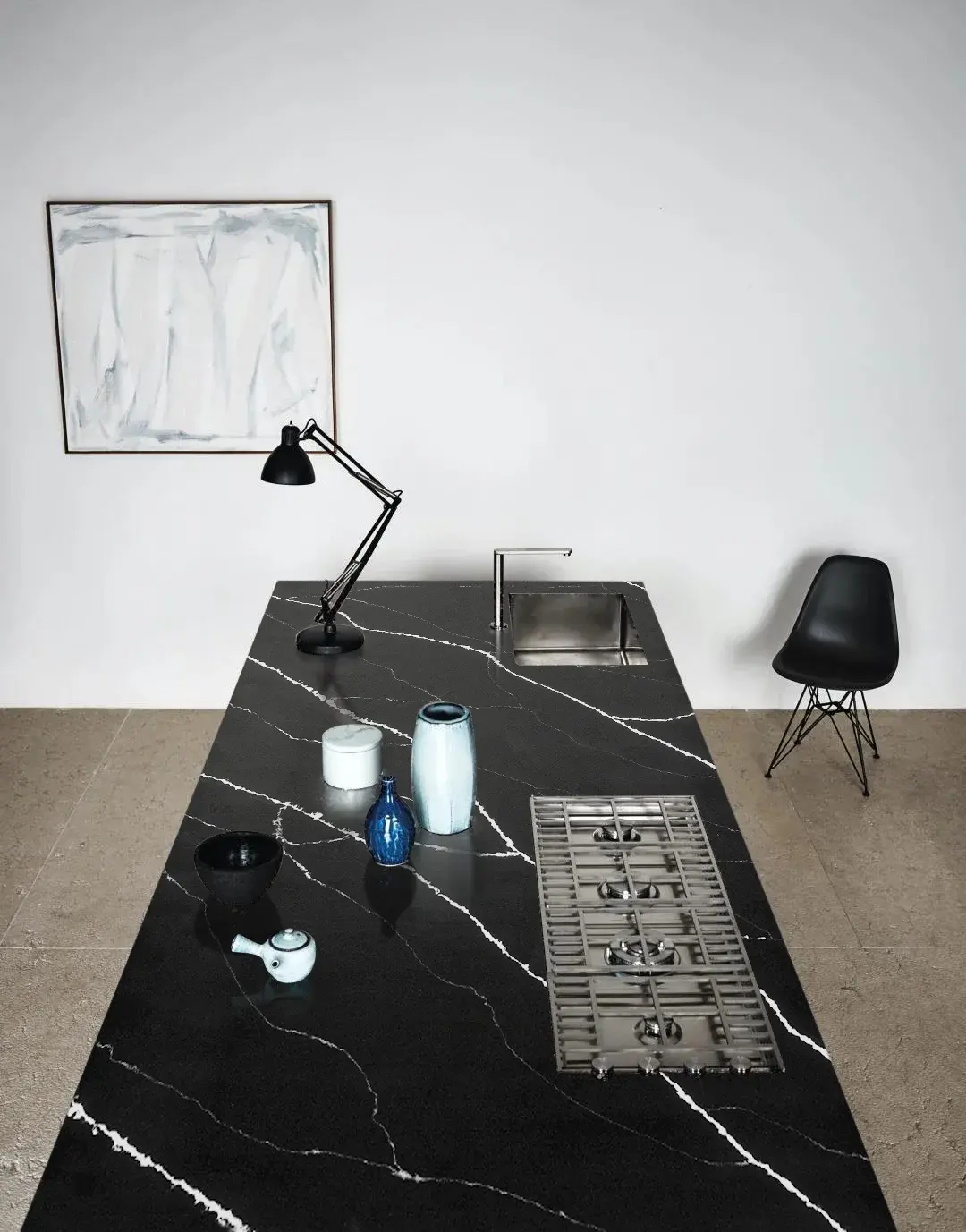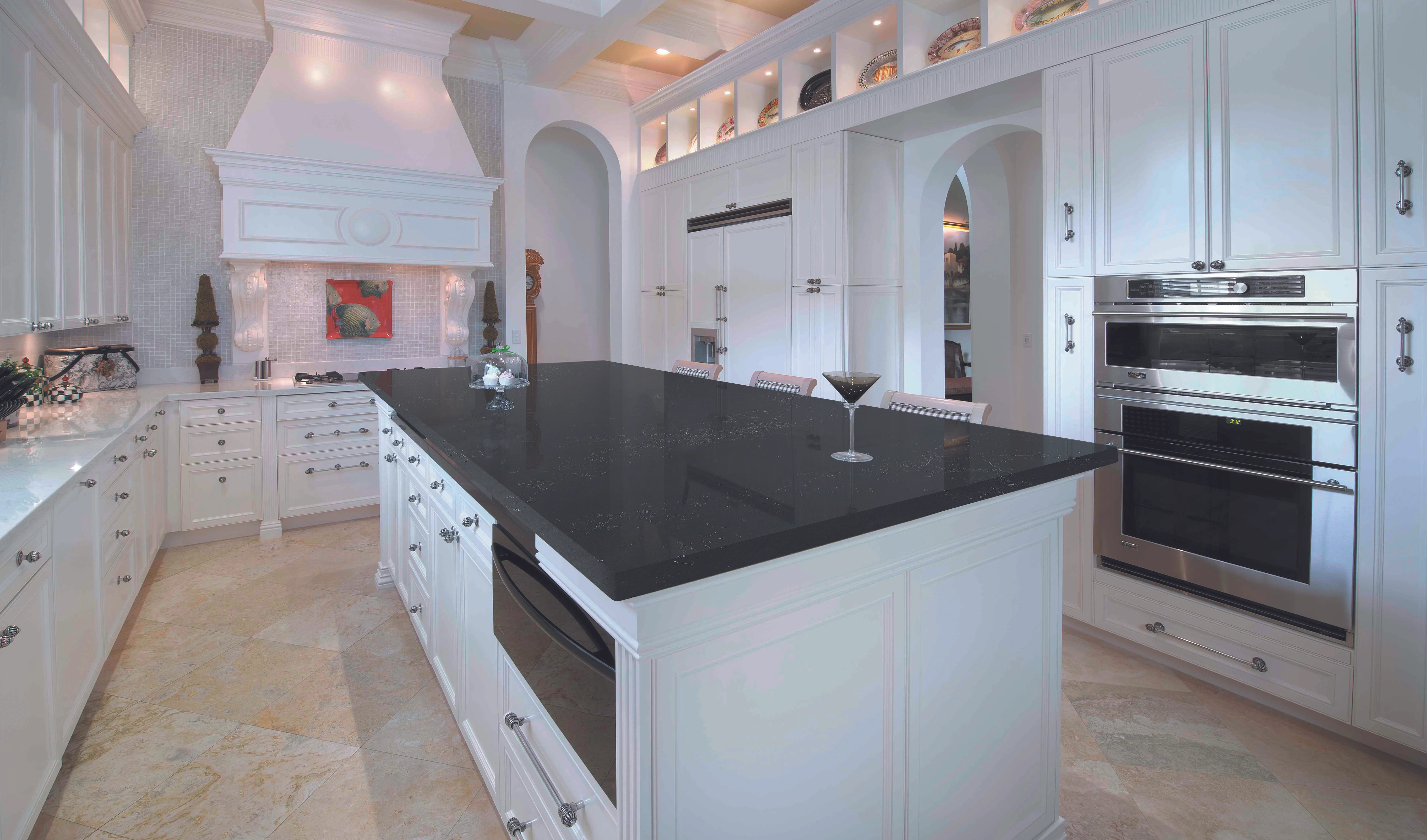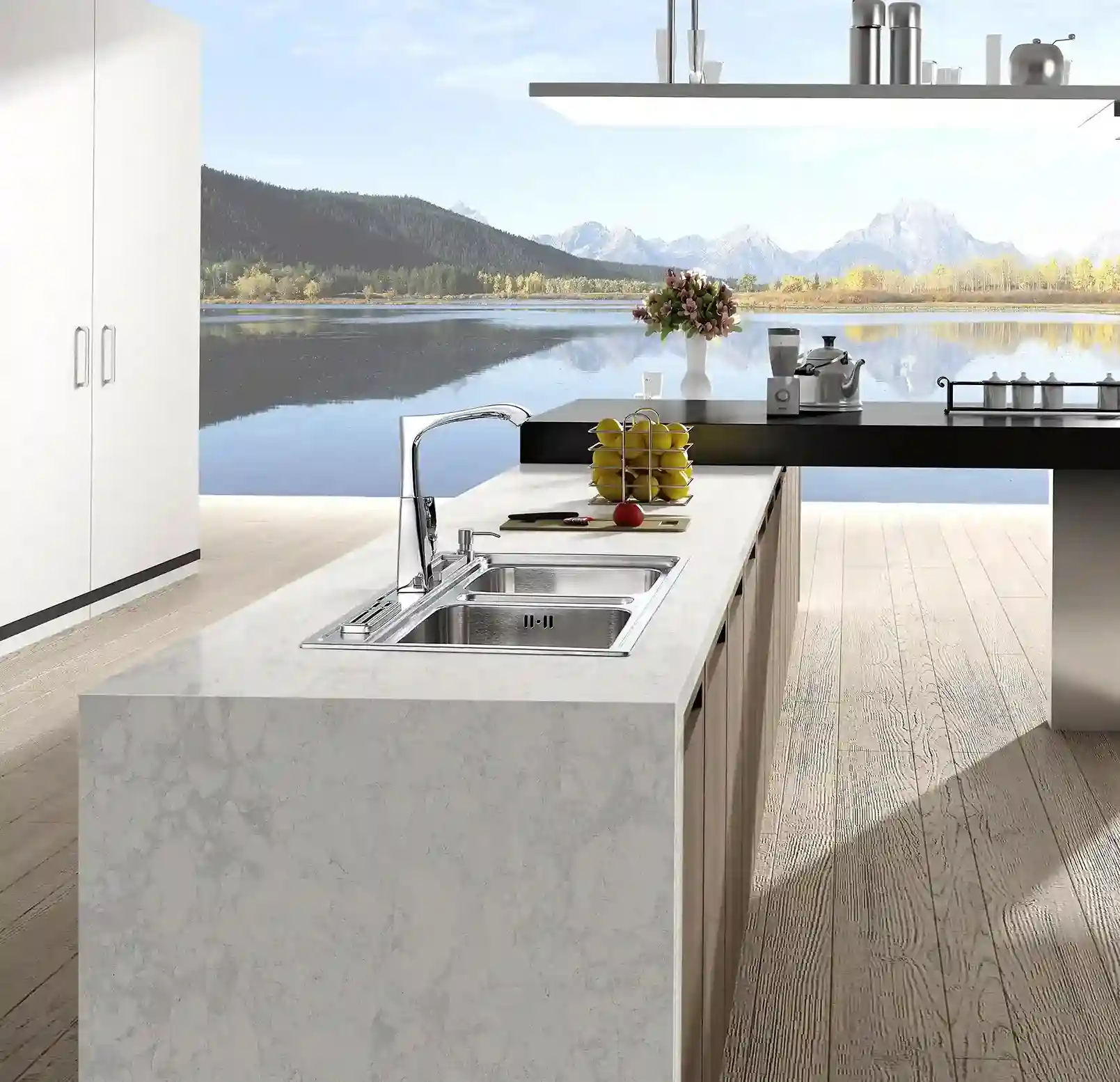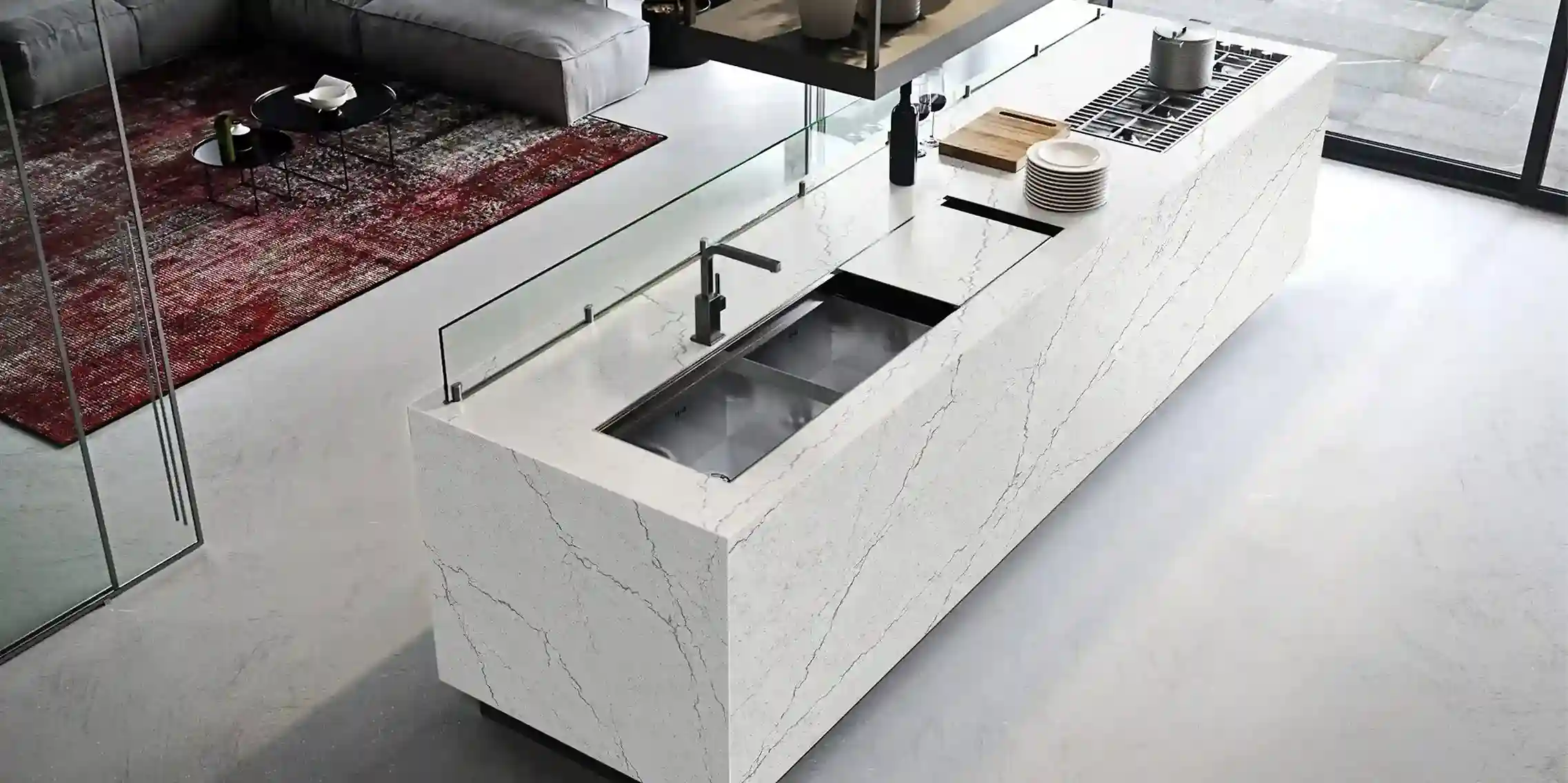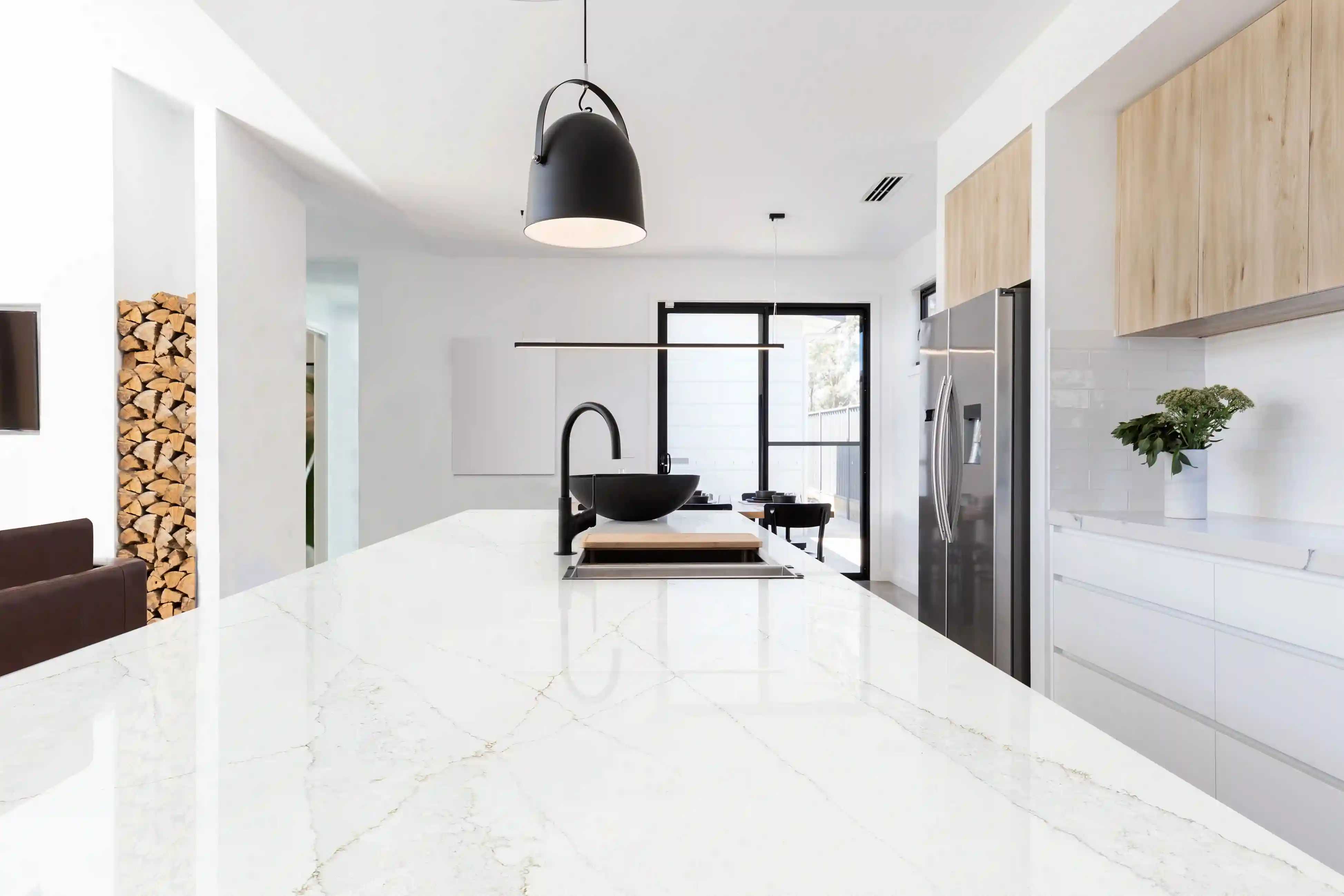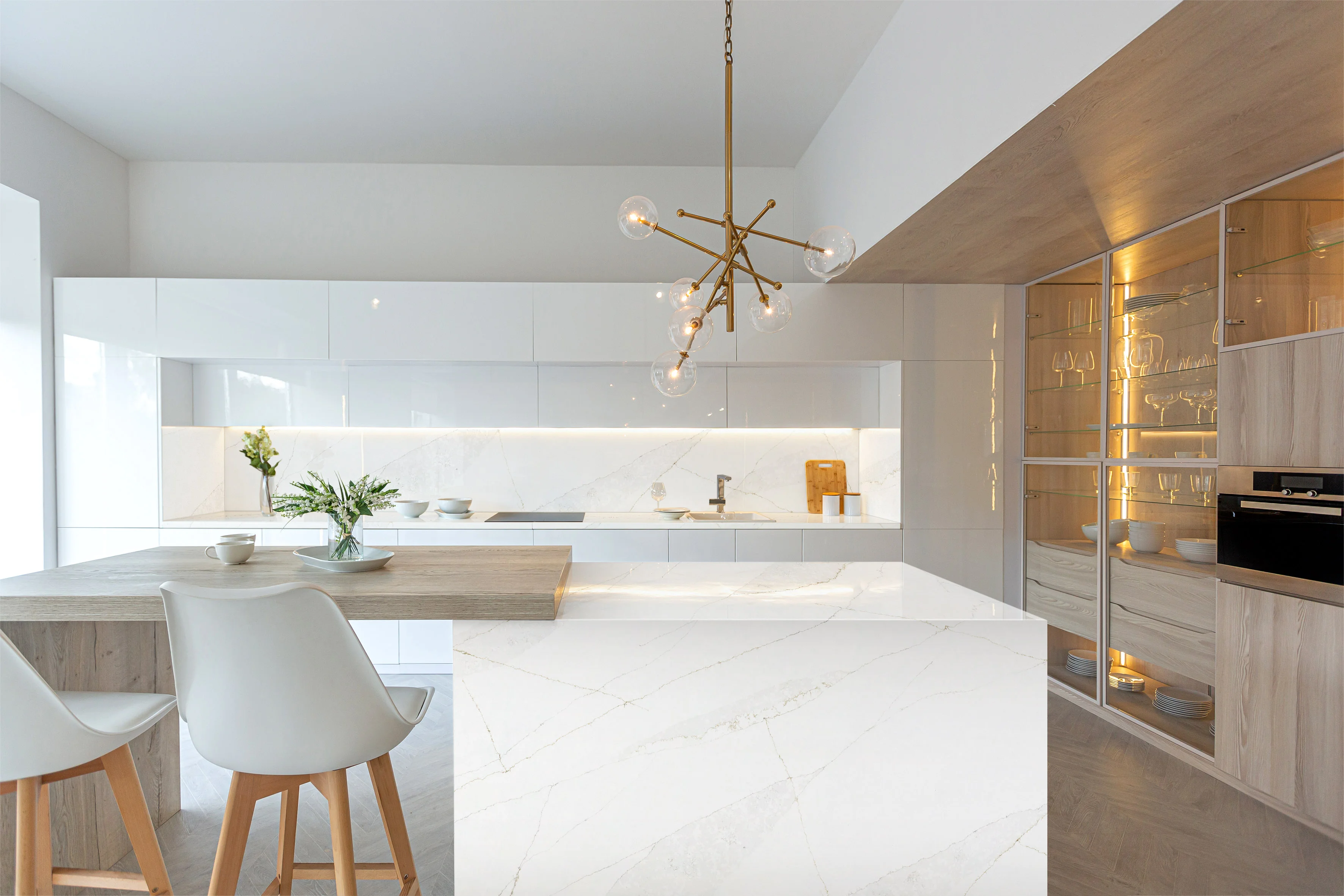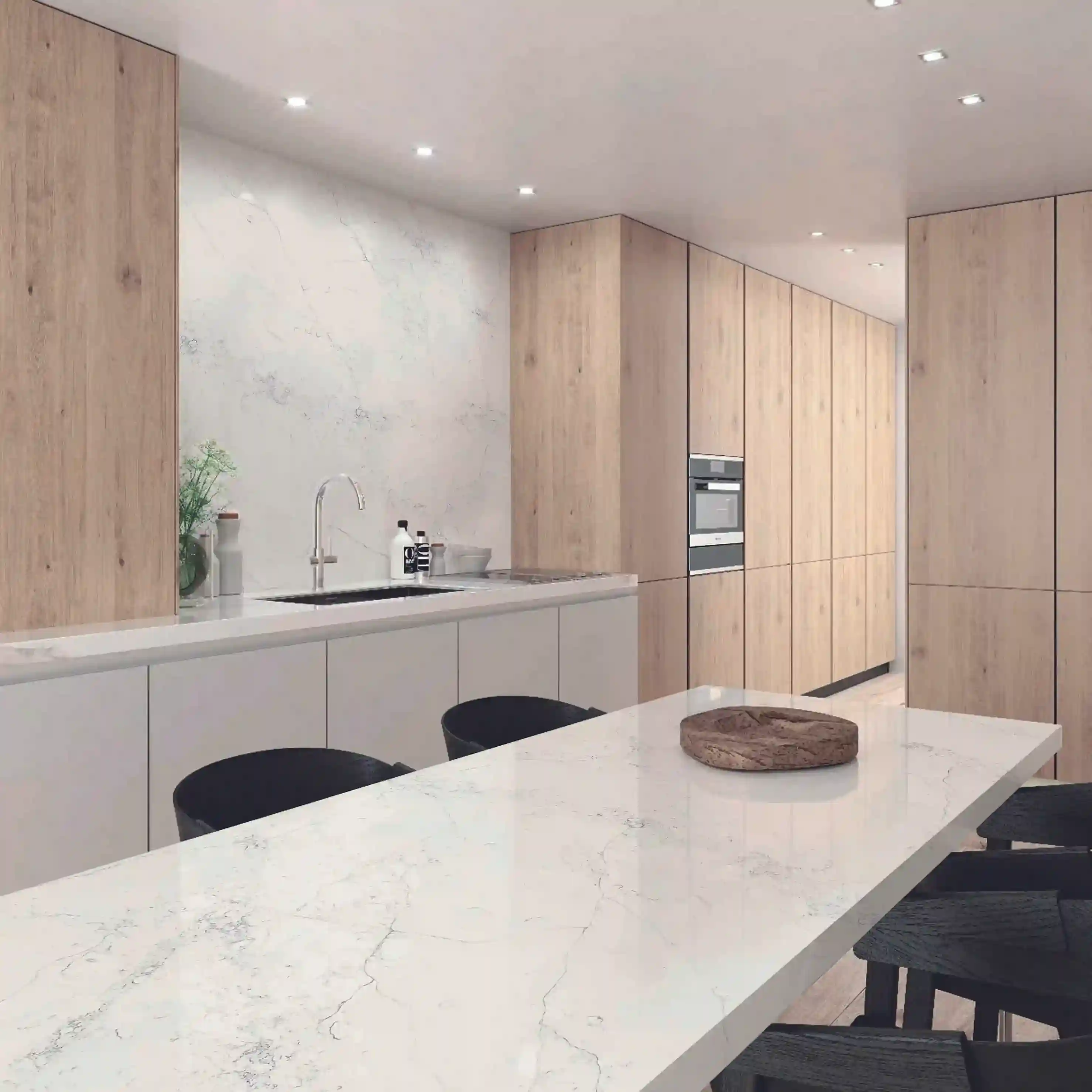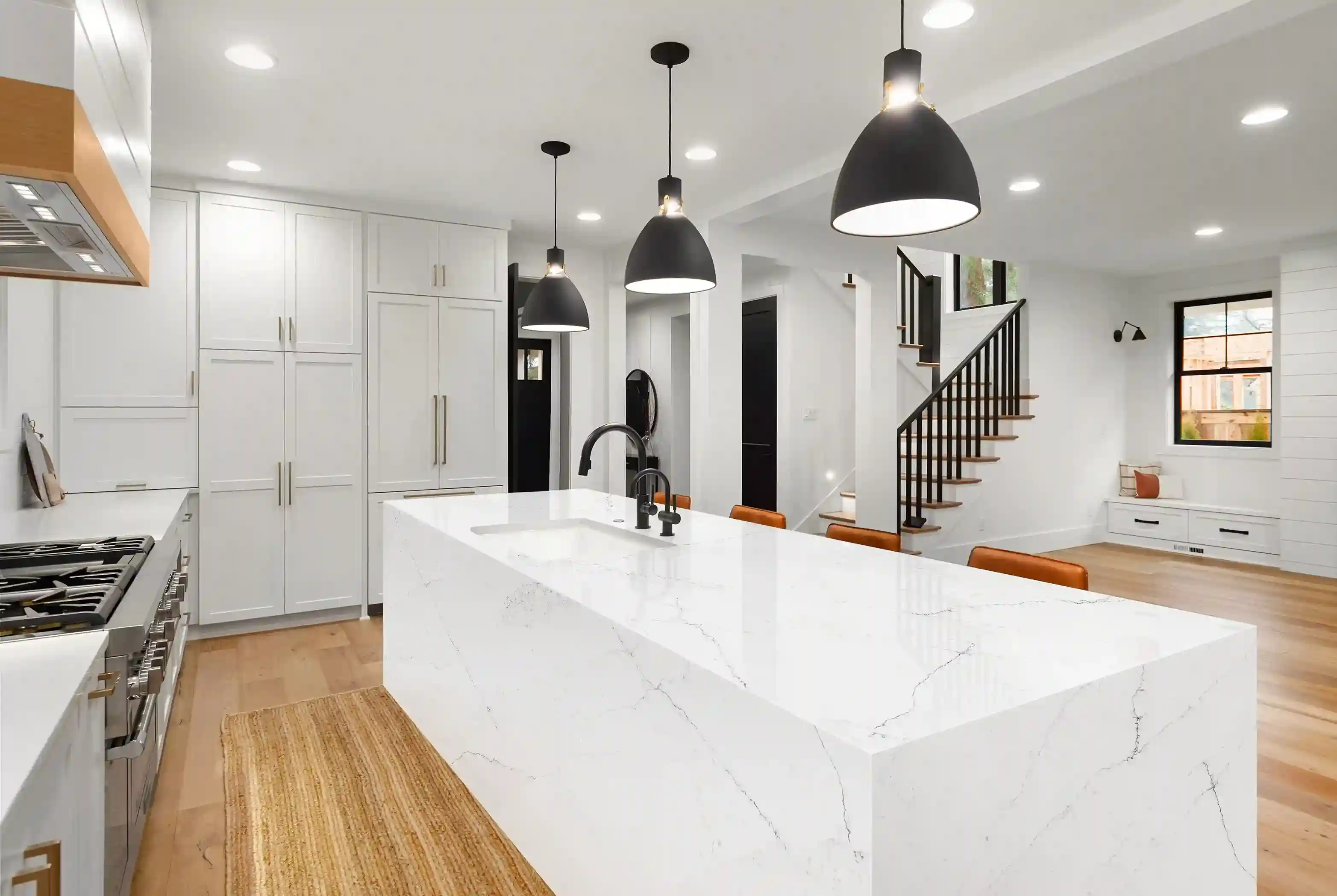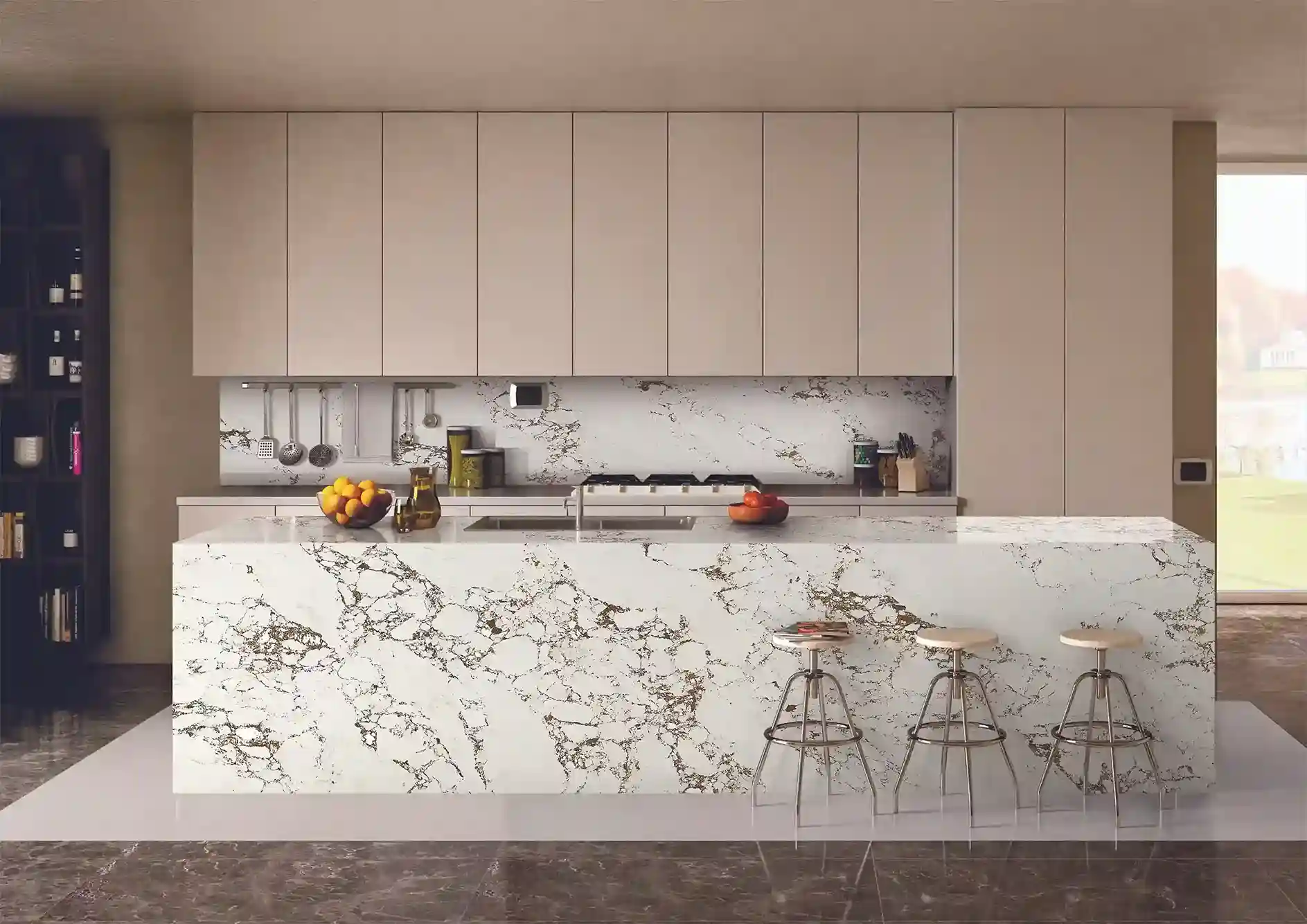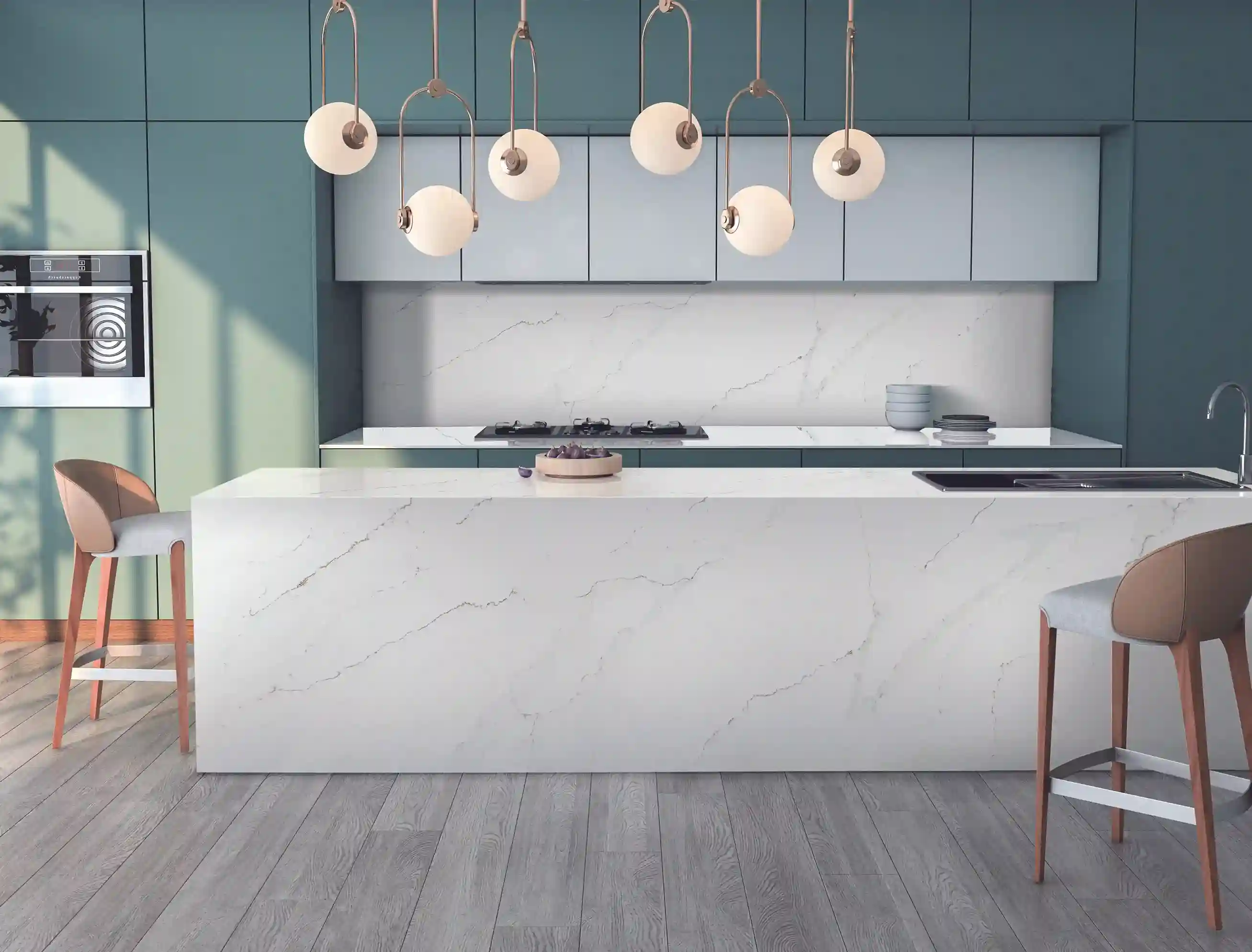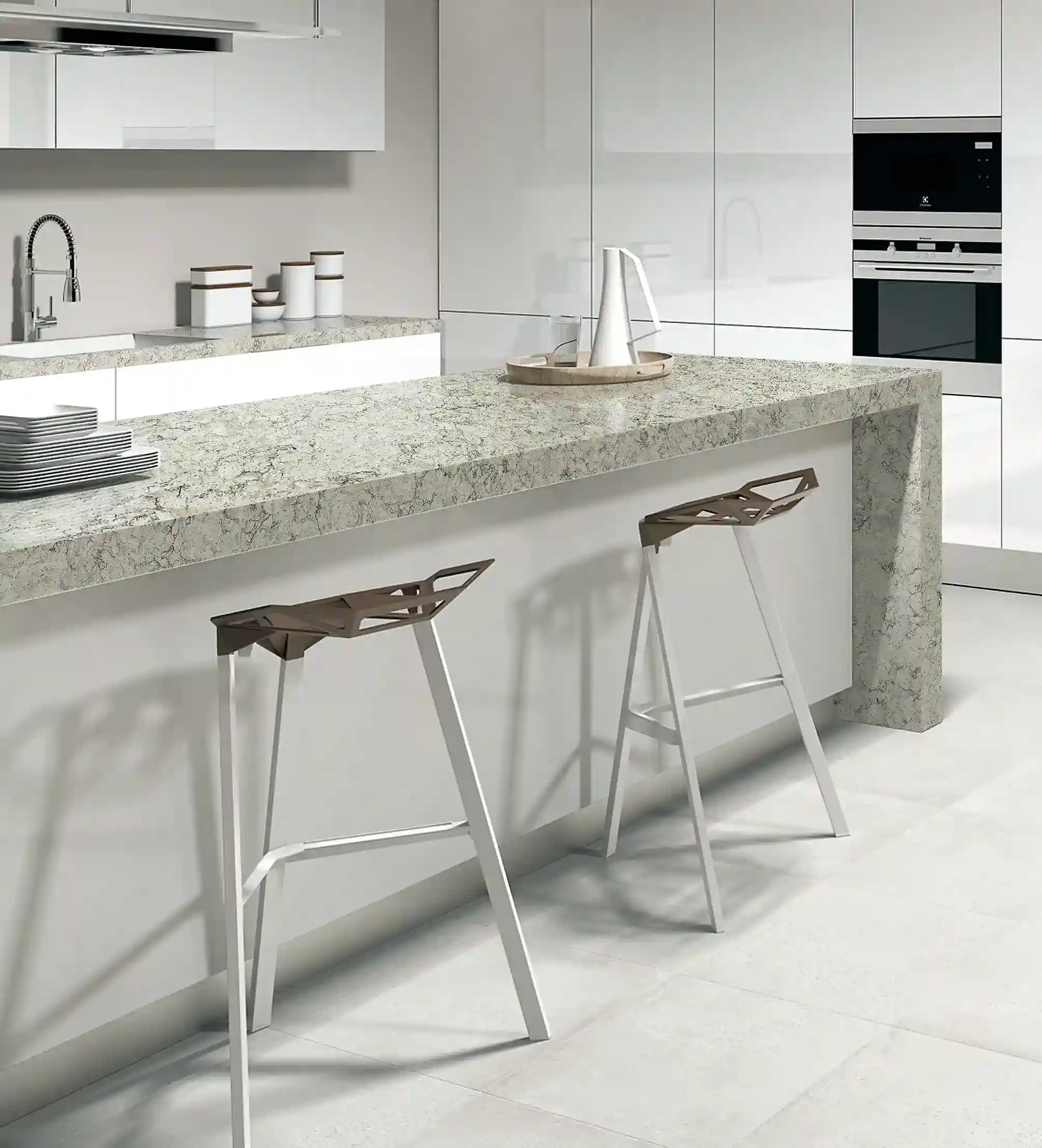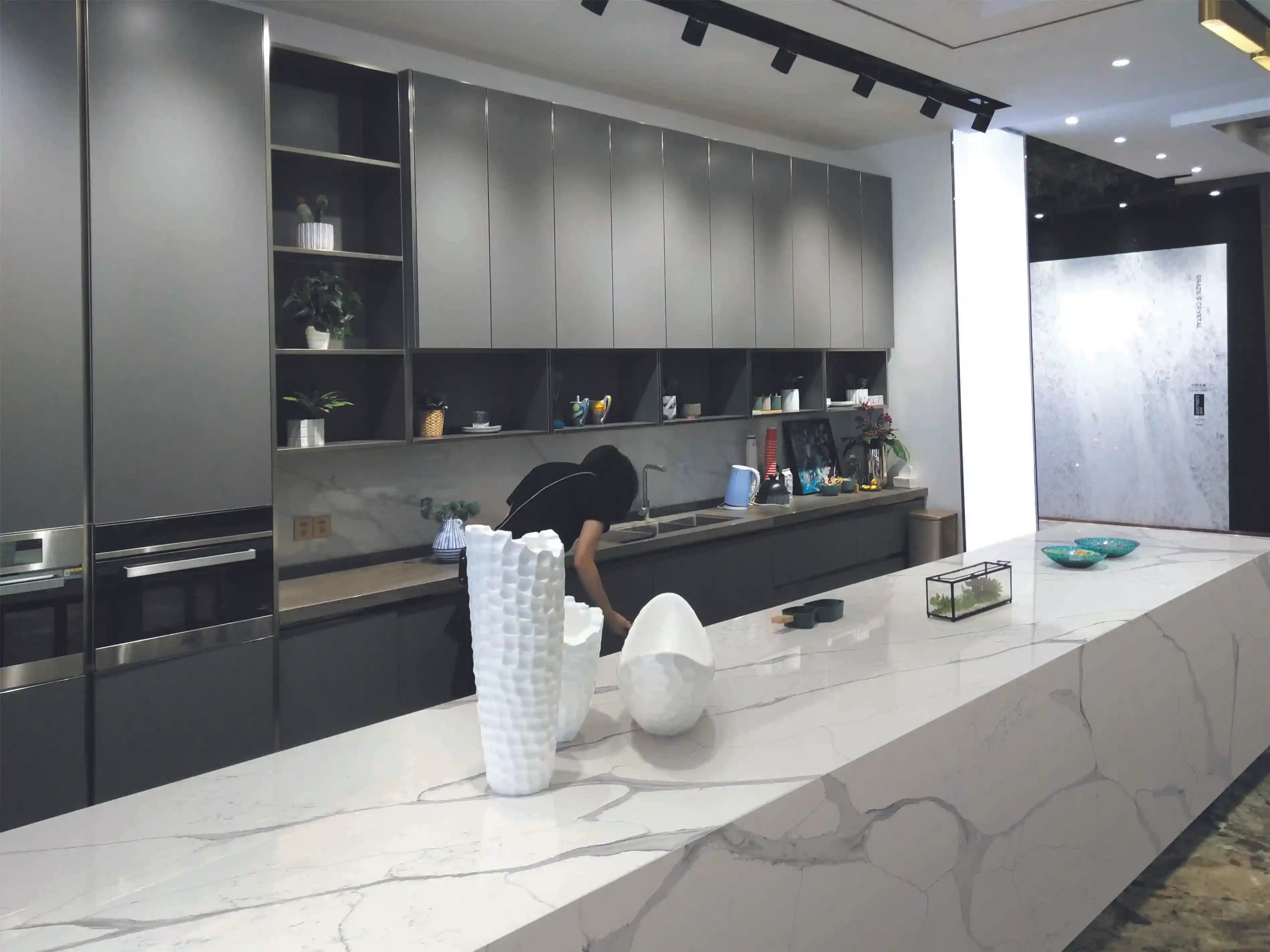Designing Your Dream Kitchen With Marble
If you enjoy cooking, you're going to want to make indoors both functional and beautiful when you build your ideal kitchen. Fortunately, conceptualizing your dream kitchen involves a lot of planning and careful research.
One of the most important choices you will make for your kitchen is selecting a good quality work surface. Pristine marble worktops are a potential choice for homeowners because they have an elegant, beautiful finish with a robust and resilient surface.
Here is what you should know about marble worktops and the important elements to consider when making your selection.

 A kitchen.webp)






